it's in the ground. now what??
LOUvox50
16 years ago
Related Stories
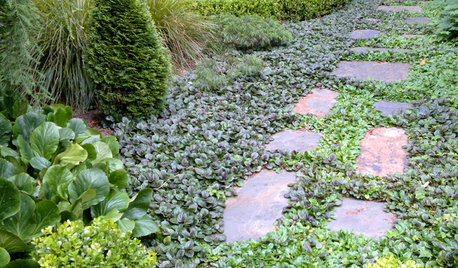
GROUND COVERSGround Force: 10 Top Ground Covers for Your Garden
Protect your soil from weeds and drought this summer with a living mulch of ground covers
Full Story
MODERN STYLEHouzz Tour: Three Apartments Now a Three-Story Home
A grand new staircase unifies a sophisticated, industrial-tinged London townhouse
Full Story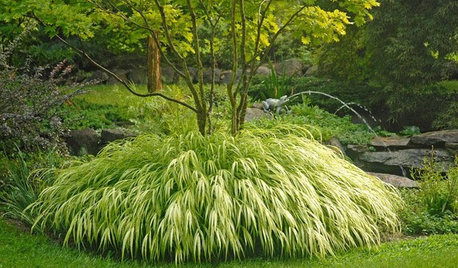
PRODUCT PICKSGuest Picks: 20 Gorgeous Perennials to Plant Now
Take advantage of warm spring weather to create a colorful garden with blooming plants, succulents and ornamental grasses
Full Story
HOME TECHNow Playing in Homes Everywhere: TV, the App
It's easier than ever to beam streaming content from mobile devices to your TV screen
Full Story
TRADITIONAL HOMESHouzz Tour: Basement Now a Light-Filled Family Living Space
Merging a house and a basement flat into one townhouse creates a spacious family home in London
Full Story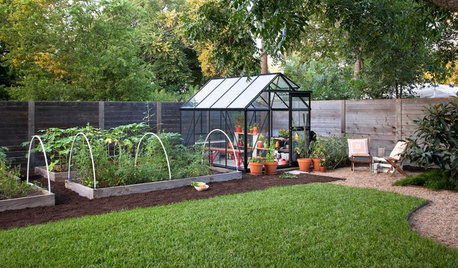
EDIBLE GARDENSA Formerly Weedy Lot Now Brims With Edibles and Honeybees
Photographers transform their barren backyard into an oasis filled with fruit, vegetables, honey, eggs and more
Full Story
CONTEMPORARY HOMESHouzz Tour: A Brave Addition Breaks New Ground
An Edwardian cottage gets a radical renovation with a dynamic deck that wraps a couple and 2 children in style
Full Story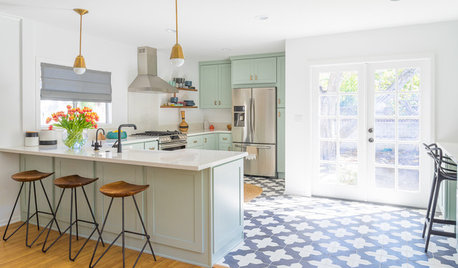
KITCHEN DESIGNTrending Now: 25 Kitchen Photos Houzzers Can’t Get Enough Of
Use the kitchens that have been added to the most ideabooks in the last few months to inspire your dream project
Full Story
HOMES AROUND THE WORLDFormer Berlin Bar Now a Light and Bright Home
An architect shows how he converted a commercial space into a residence with strong material choices and the right lighting design
Full Story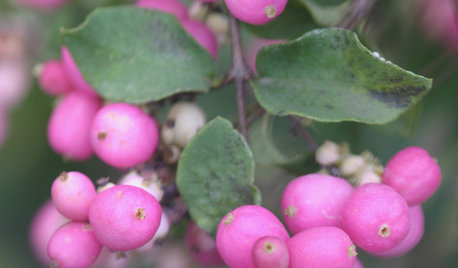
LANDSCAPE DESIGN5 Berry-licious Shrubs to Plant Now for Winter Interest
Showy color during snow season? You bet. These shrubs will wake up a garden with colorful berries when other plants are asleep
Full StorySponsored
More Discussions






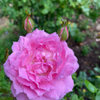
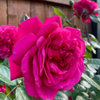
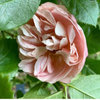
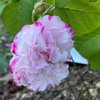
Kimmsr
louisianagal
Related Professionals
South Elgin Landscape Architects & Landscape Designers · Arlington Landscape Contractors · Bedford Landscape Contractors · Broadlands Landscape Contractors · Clayton Landscape Contractors · Doctor Phillips Landscape Contractors · East Chicago Landscape Contractors · Hayward Landscape Contractors · Lehigh Acres Landscape Contractors · Merced Landscape Contractors · Mercedes Landscape Contractors · Rockwall Landscape Contractors · Vashon Landscape Contractors · Maplewood Landscape Contractors · Shafter Landscape ContractorsLOUvox50Original Author
LOUvox50Original Author
aureliajulia
aureliajulia